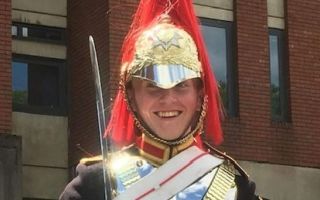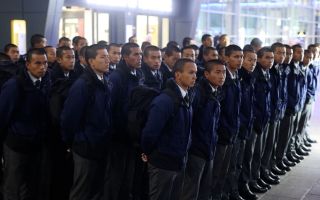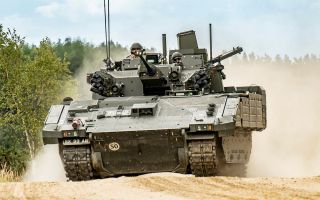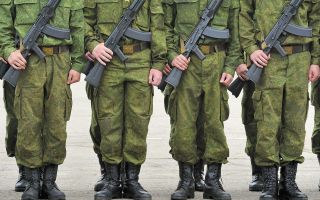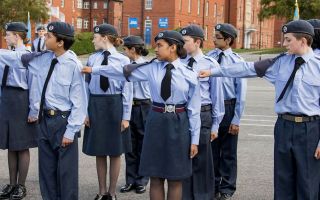Space is hard: RAF chief's disappointment after failed Virgin Orbit rocket launch
The Chief of the Air Staff has expressed his disappointment after Britain's first orbital rocket launch ended in failure – with two military satellites on board as part of its payload.
Air Chief Marshal Sir Mike Wigston took to social media to comment after organisers of the Start Me Up mission said the rocket – with a variety of civil and defence applications – failed to orbit.
The launch was said to have suffered an 'anomaly' during flight after takeoff.
Air Chief Marshal Wigston, posting on Twitter, said: "Space is hard, and we share the disappointment of the teams at UK Space Agency and Virgin Orbit.
"The Royal Air Force and UK Space Command, the UK Government, industry and the UK S&T community will continue to work together to shape our nation's future in space."
The plane - piloted by the RAF's Matthew 'Stanny' Stannard - began its journey from Cornwall before flying to 35,000ft over the Atlantic Ocean where it jettisoned the rocket containing nine small satellites towards space.
In a series of tweets, Virgin Orbit said: "We appear to have an anomaly that has prevented us from reaching orbit.
"We are evaluating the information. As we find out more, we're removing our previous tweet about reaching orbit.
"We'll share more info when we can," it ended.
The aircraft, nicknamed 'Cosmic Girl', returned to Spaceport Cornwall after the fault was detected.
The mission involved a repurposed Virgin Atlantic Boeing 747 aircraft and Virgin Orbit's LauncherOne rocket and its launch attracted more than 75,000 live viewers online.
The aircraft is a two-stage vehicle created specifically to deliver small satellites into orbit.
In its payload was two Cubesats, which would have been used to pave the way for a new generation of British military satellites.
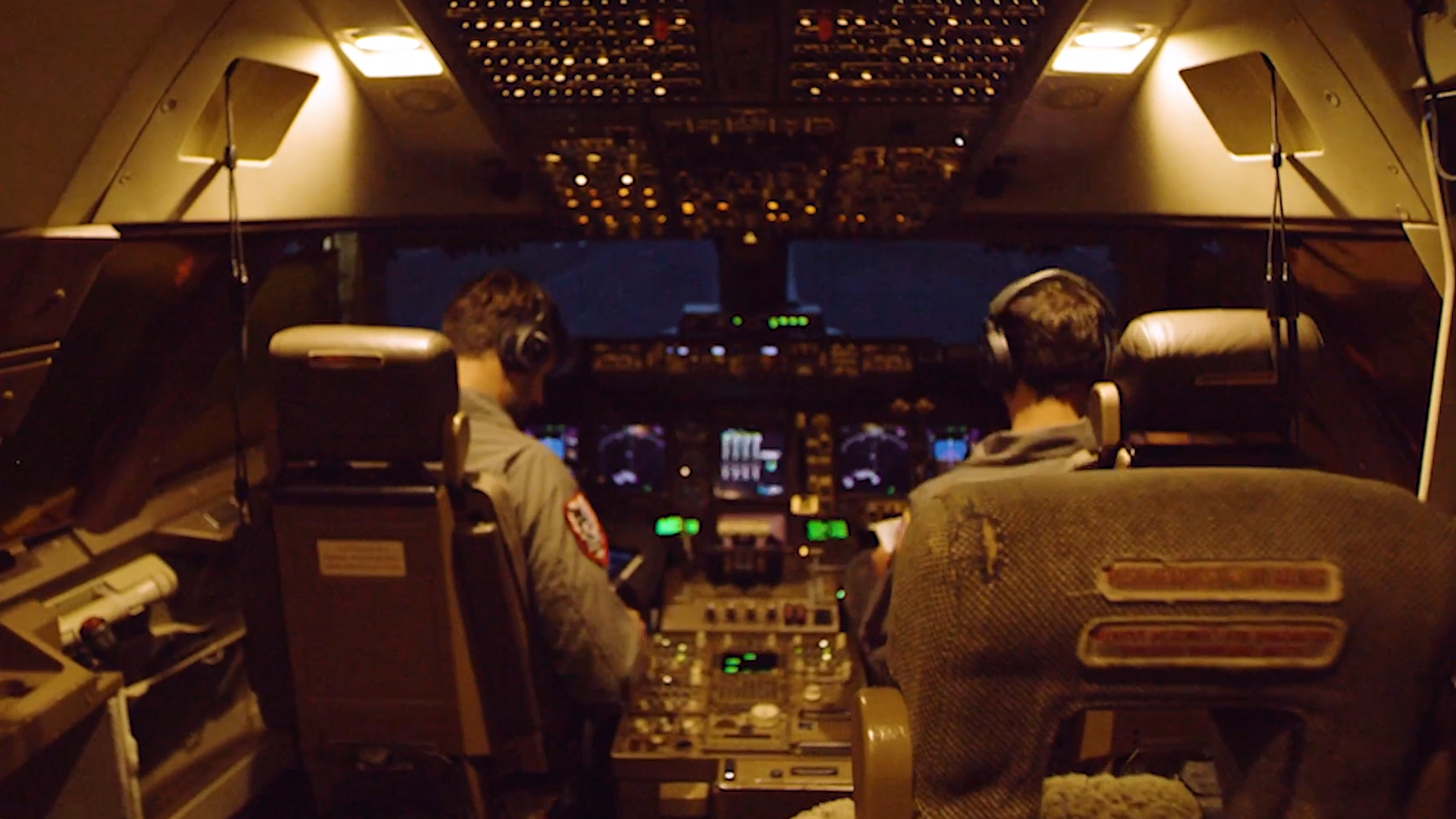
Melissa Thorpe, head of Spaceport Cornwall, spoke of her devastation at the mission failure.
She said: "This isn't the first time we've been knocked; this is the biggest definitely, but I feel OK, and we'll get up and we'll go again.
"It hasn't gone exactly to plan but we've done everything that we said we were going to do at Spaceport.
"It's gutting and we all heard at different times and when we got together there were tears, and it was very upsetting."
She described the team as "family" who "support" and "understand one another".
She added: "There's not much more I can say other than it's gutting but everybody's OK."
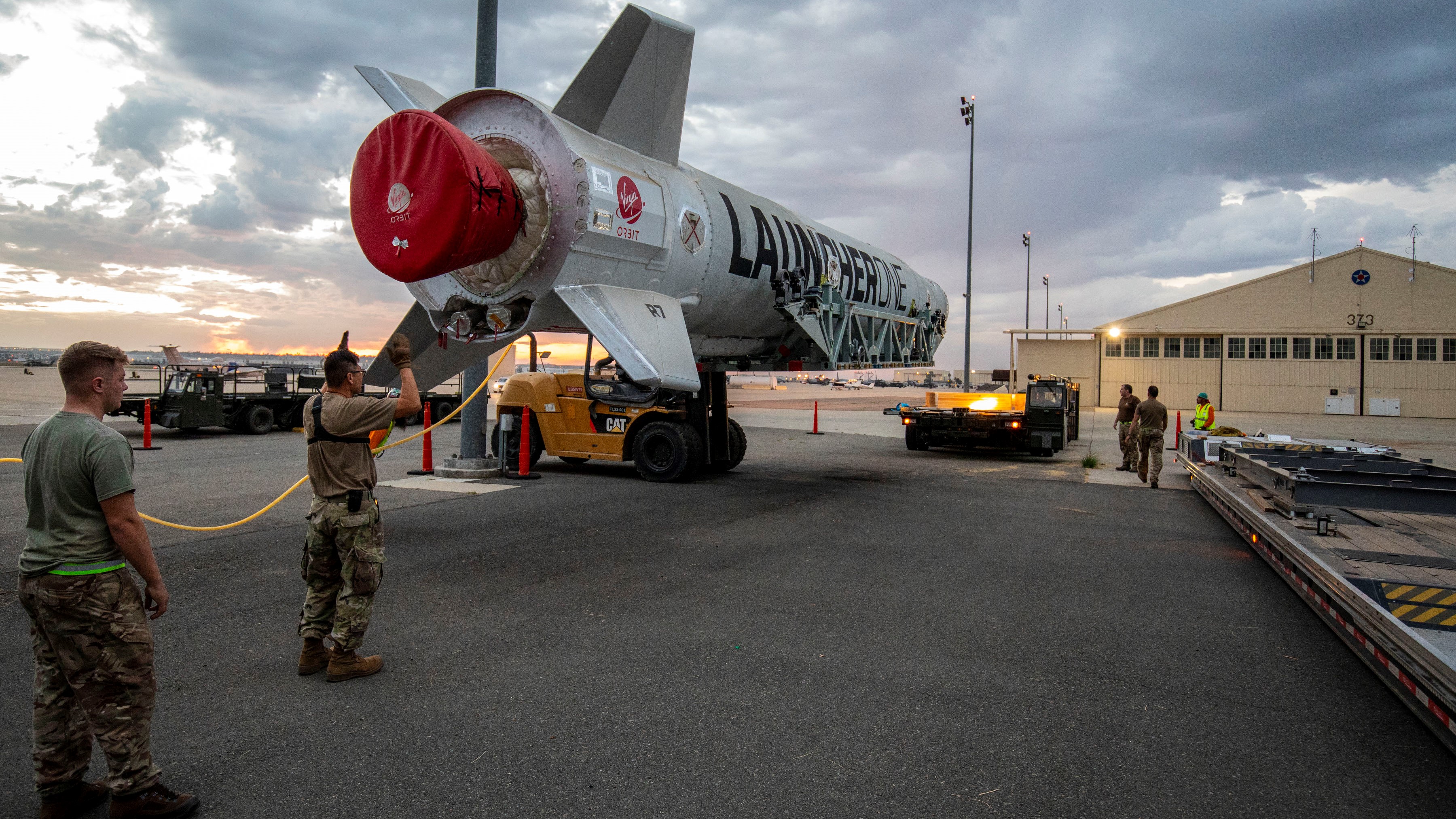
Matt Archer, from the UK Space Agency, said the second stage of the launch suffered an 'anomaly', the cause of which was under investigation.
"In effect, the rocket has not reached the required altitude to maintain its orbit or deploy the satellites and therefore the mission was unsuccessful," he said.
"Over the coming days, there'll be an investigation involving the Government and various bodies, including Virgin Orbit, to make sure we understand what caused that technical failure and again we'll work out what to do next following that."
He said the first stage burn would have got the rocket into basic orbit, but a second stage was needed to put it 500km above the earth.
"While it is obviously disappointing that the mission wasn't successful, actually we're really proud of the fact that we've delivered so much here, and we've created the conditions for launch here," he said.
"We've seen that we can do it and we will look to do it again."
The rocket was likely to burn up on re-entry to earth but was projected to land over water.
The two military cubesats were owned by the Ministry of Defence's Defence Science & Technology Laboratory (DSTL).
DSTL tweeted: "We are saddened at the loss of Launcher One and share the disappointment of all who have worked so hard to get us this far.
"We will work with our partners to enable continuation of our research programme
"This is [a] poignant reminder that working in the space domain is difficult.

